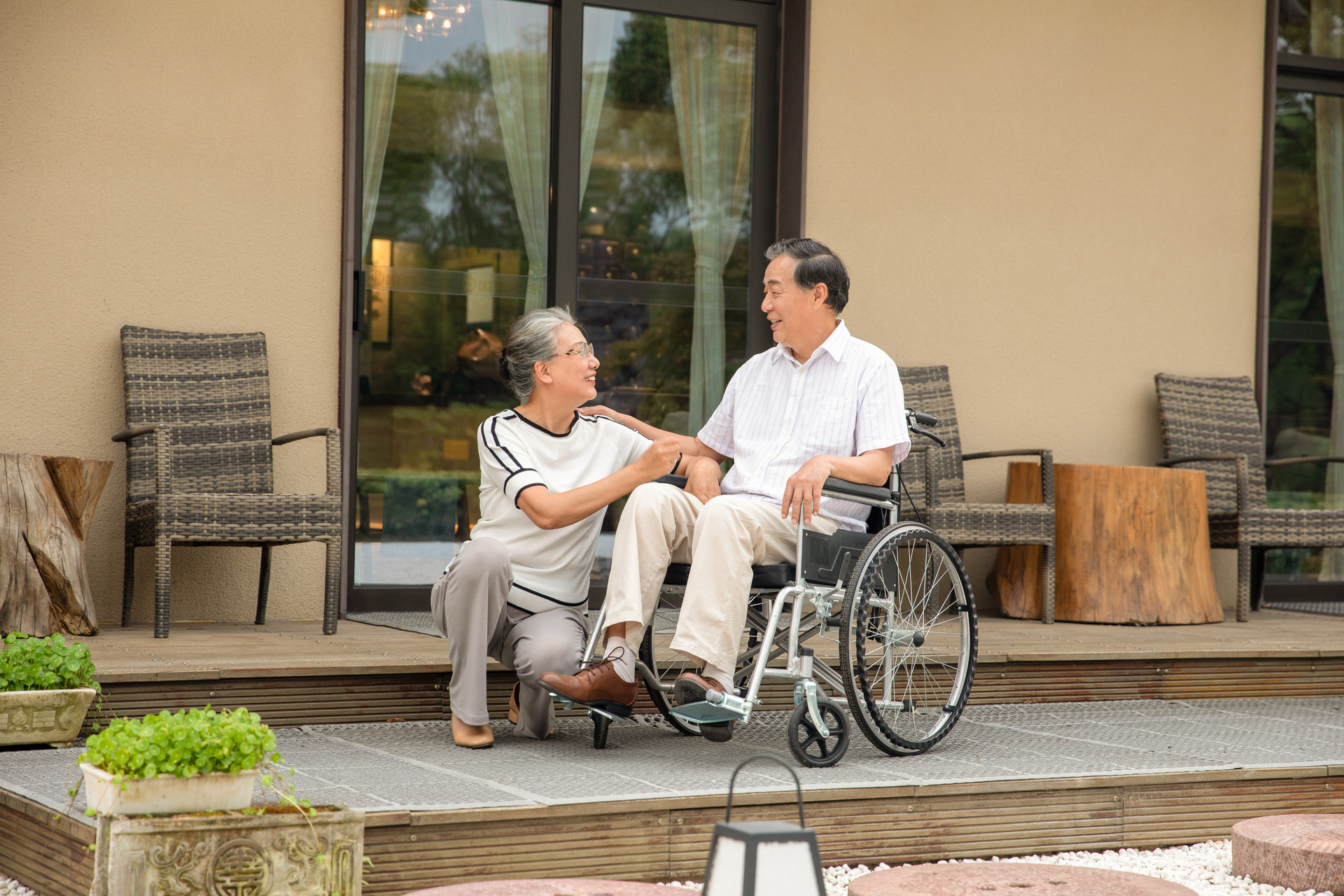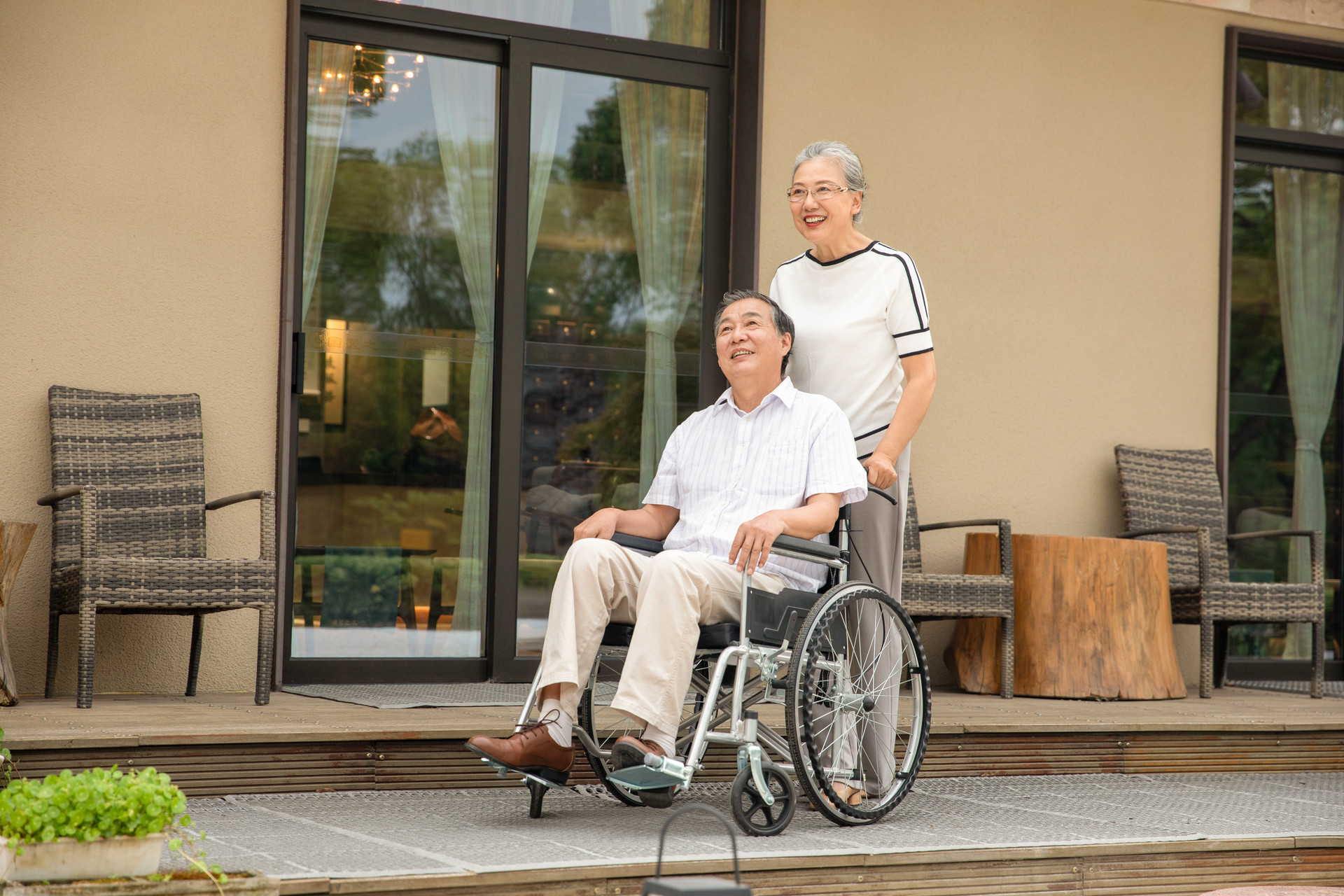According to international standards, the lifespan of a human is 100-175 years. This is determined by scientists based on studies in cell biology, embryology, genetic engineering, neurology, and genetics. So why do most people not reach this standard? The main reason is ignorance and a lack of emphasis on health maintenance.
In order for middle-aged and elderly people to have a healthy and long life, they must adhere to fourteen "ones" every day. The first "one" is a bottle of boiled water, meaning one thermos of warm boiled water. In other words, a healthy person should drink 7-8 cups of water every day. Some people have dull skin and premature aging, which is closely related to a lack of hydration in their bodies.
Adults have a body composition that is 65-70% water, with the liver, brain, and skin containing 75-80% water, bones containing 20% water, and blood containing 90% water. Studies have shown that boiled water contains a large amount of calcium, magnesium, and other elements, which are very beneficial to the body, especially in preventing and treating cardiovascular diseases.
How should these 7-8 cups of water be distributed? It is best to drink one and a half to two cups in the morning and evening, and the rest throughout the afternoon and before and after meals. Why emphasize drinking water in the morning and evening? Because drinking water in the morning can cleanse the intestines, replenish lost water from the night, and reduce the occurrence of cardiovascular diseases.
Drinking water in the evening can dilute the blood, ensuring that it does not become thick overnight and reducing the occurrence of cerebral thrombosis and stroke. Some experts also emphasize that middle-aged and elderly people should drink four cups of water every day, including one in the morning, one before bathing, and one before bed, which is one more cup than young people.










